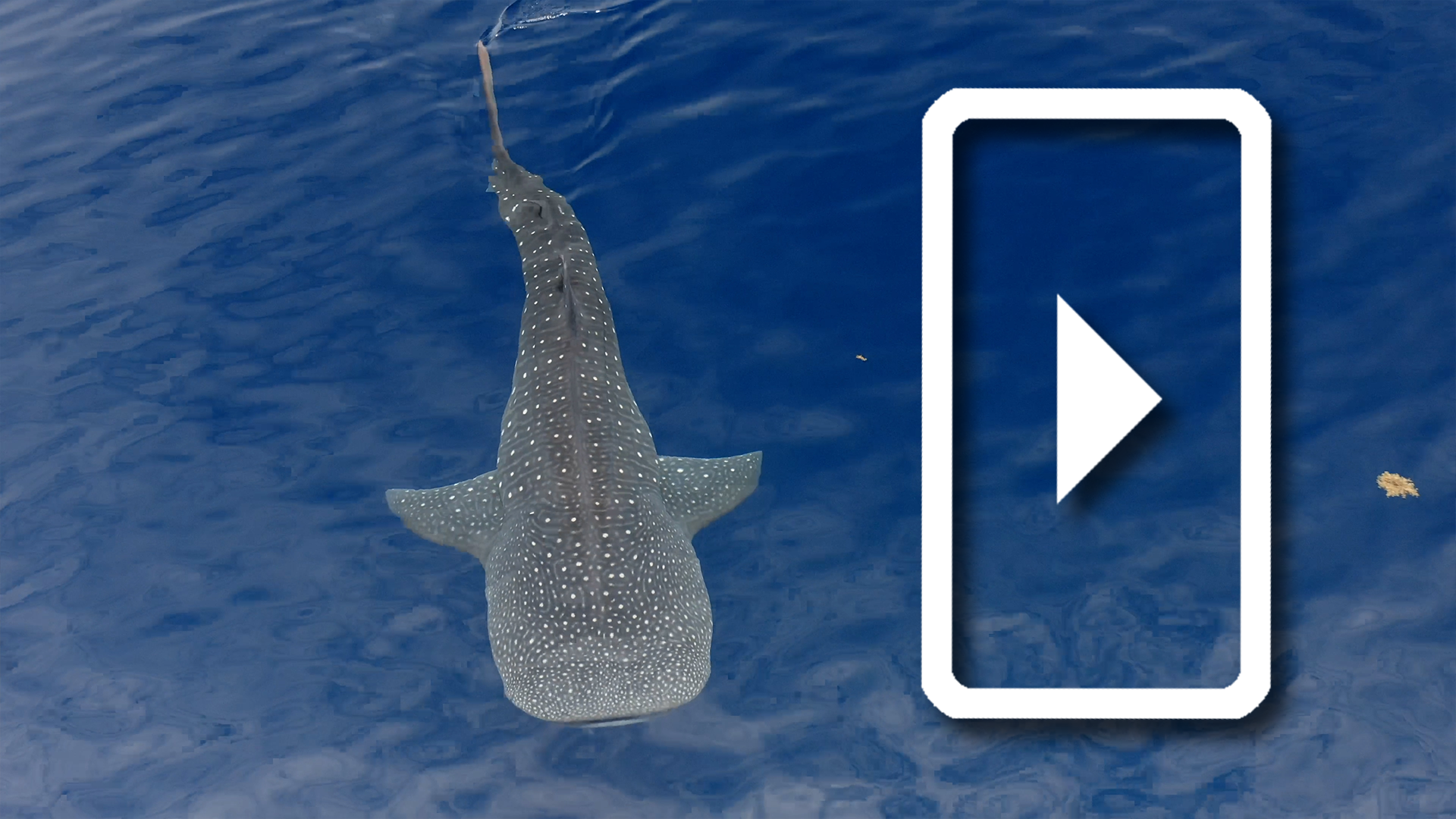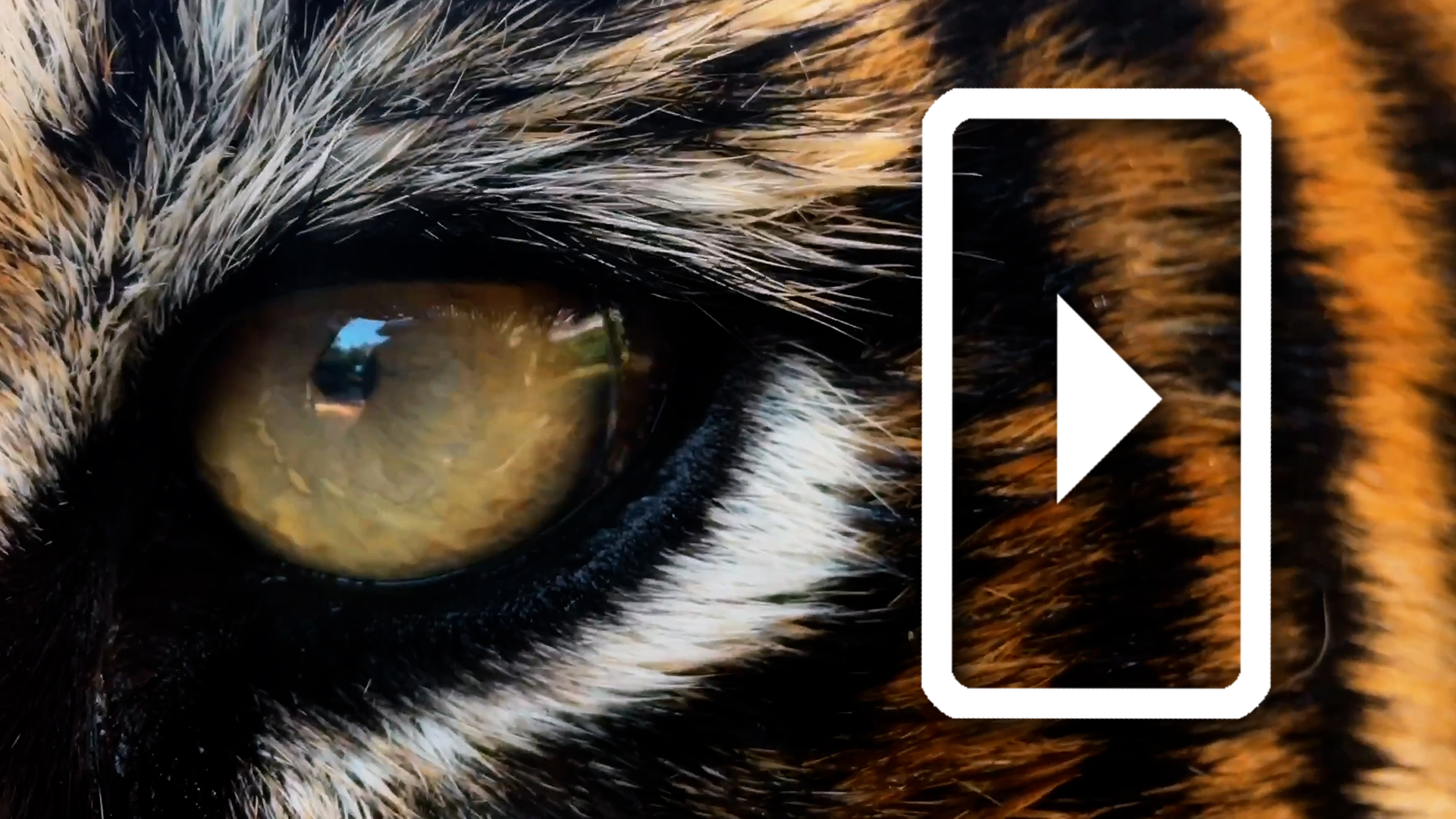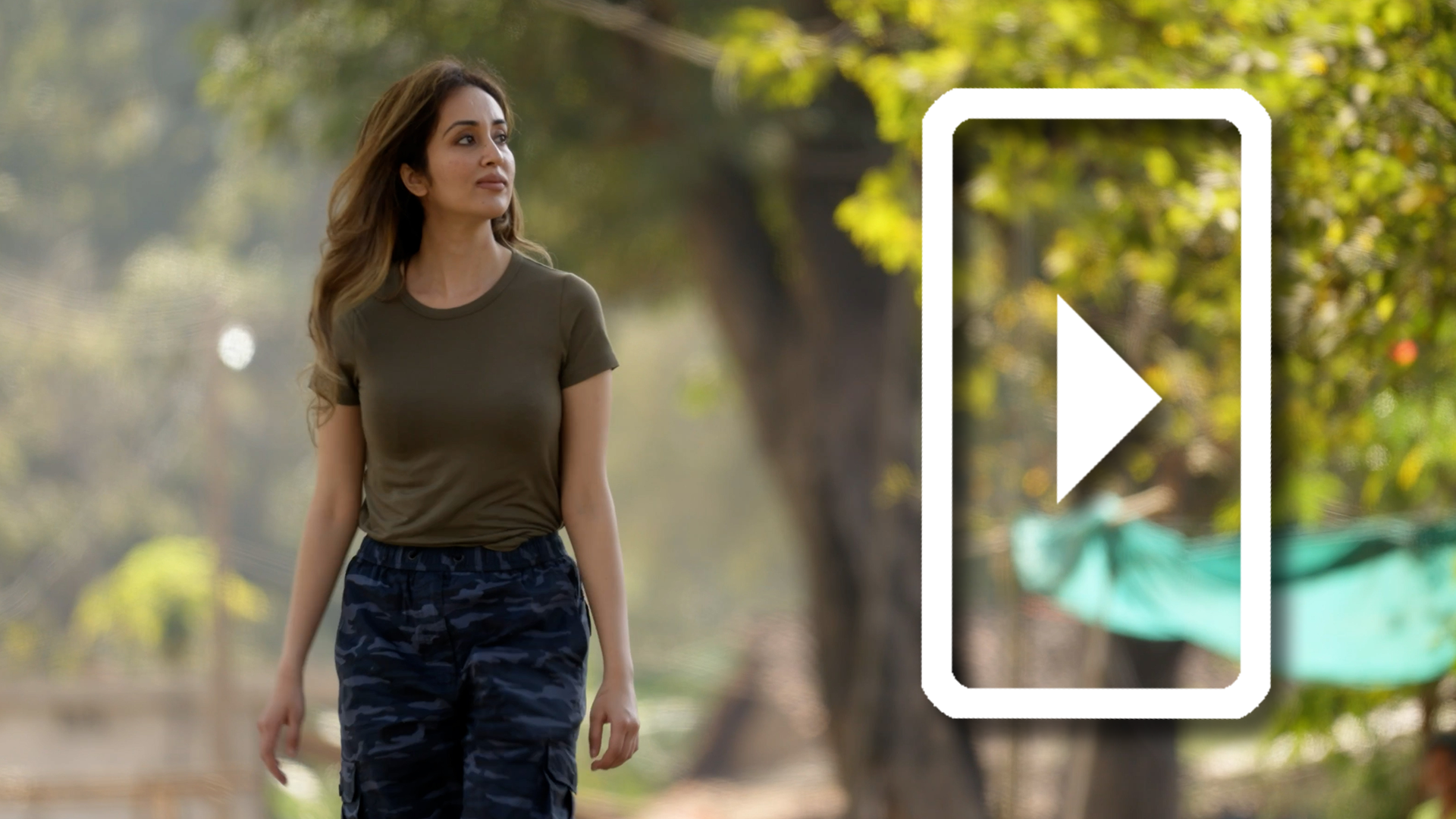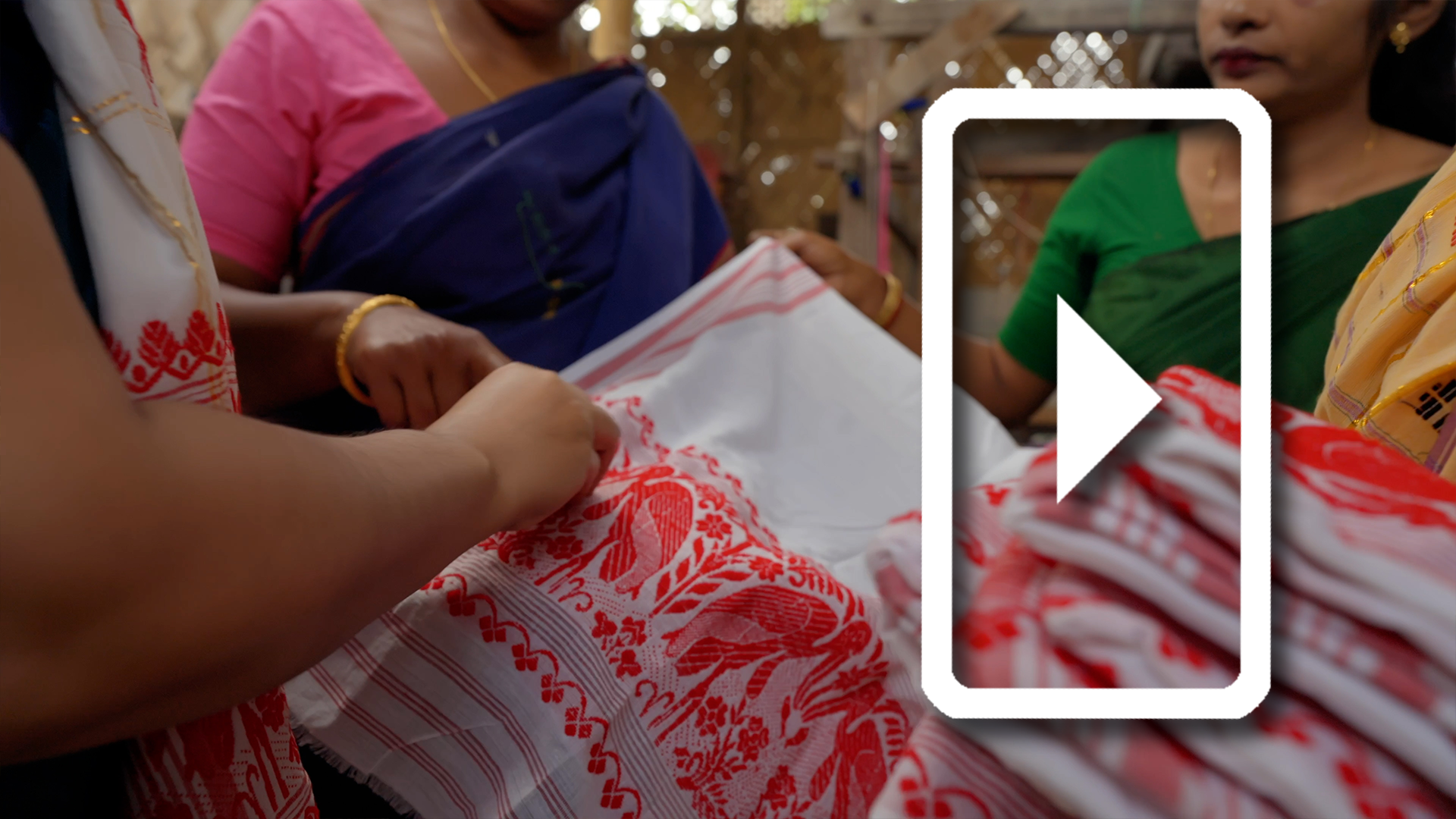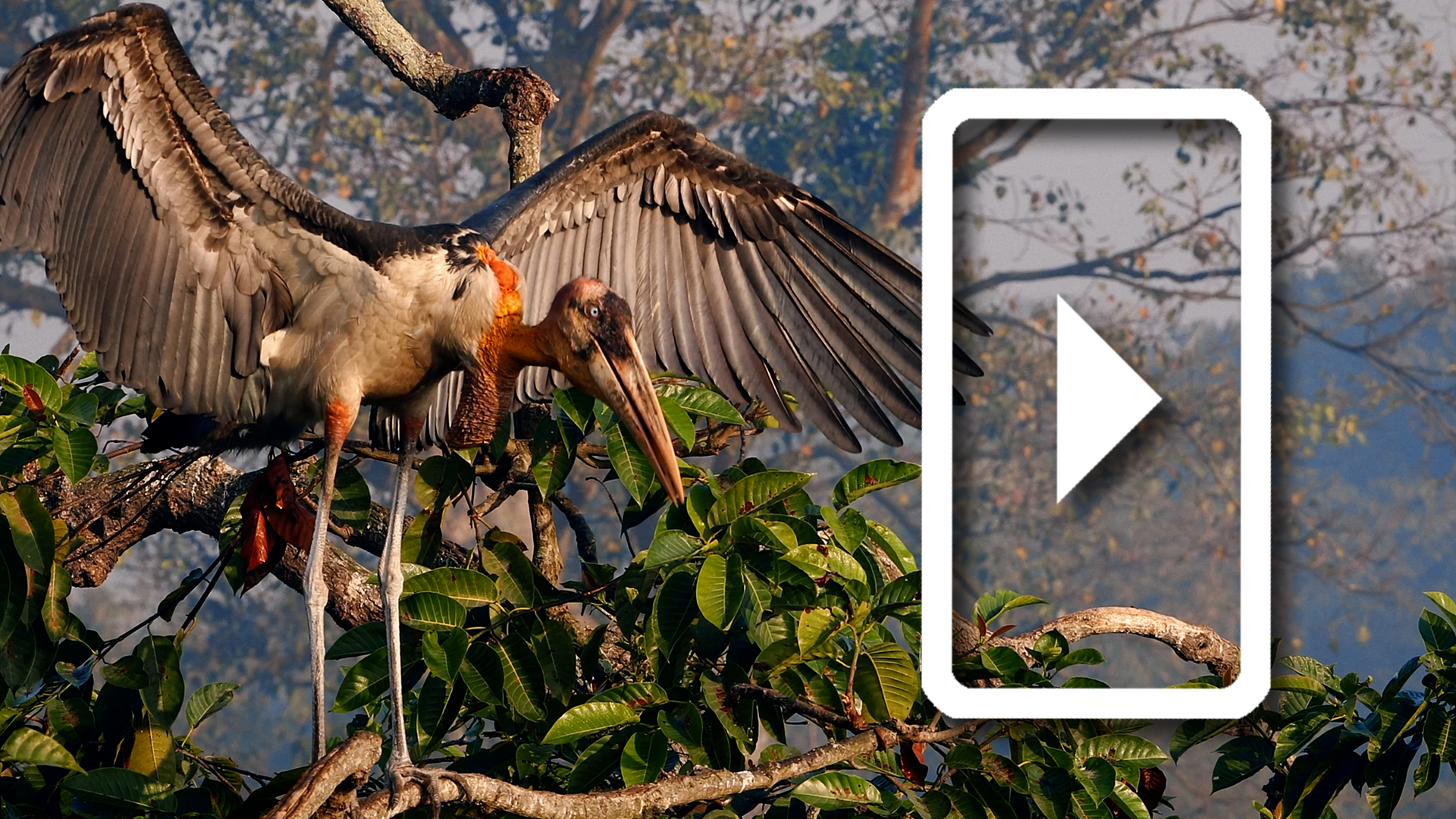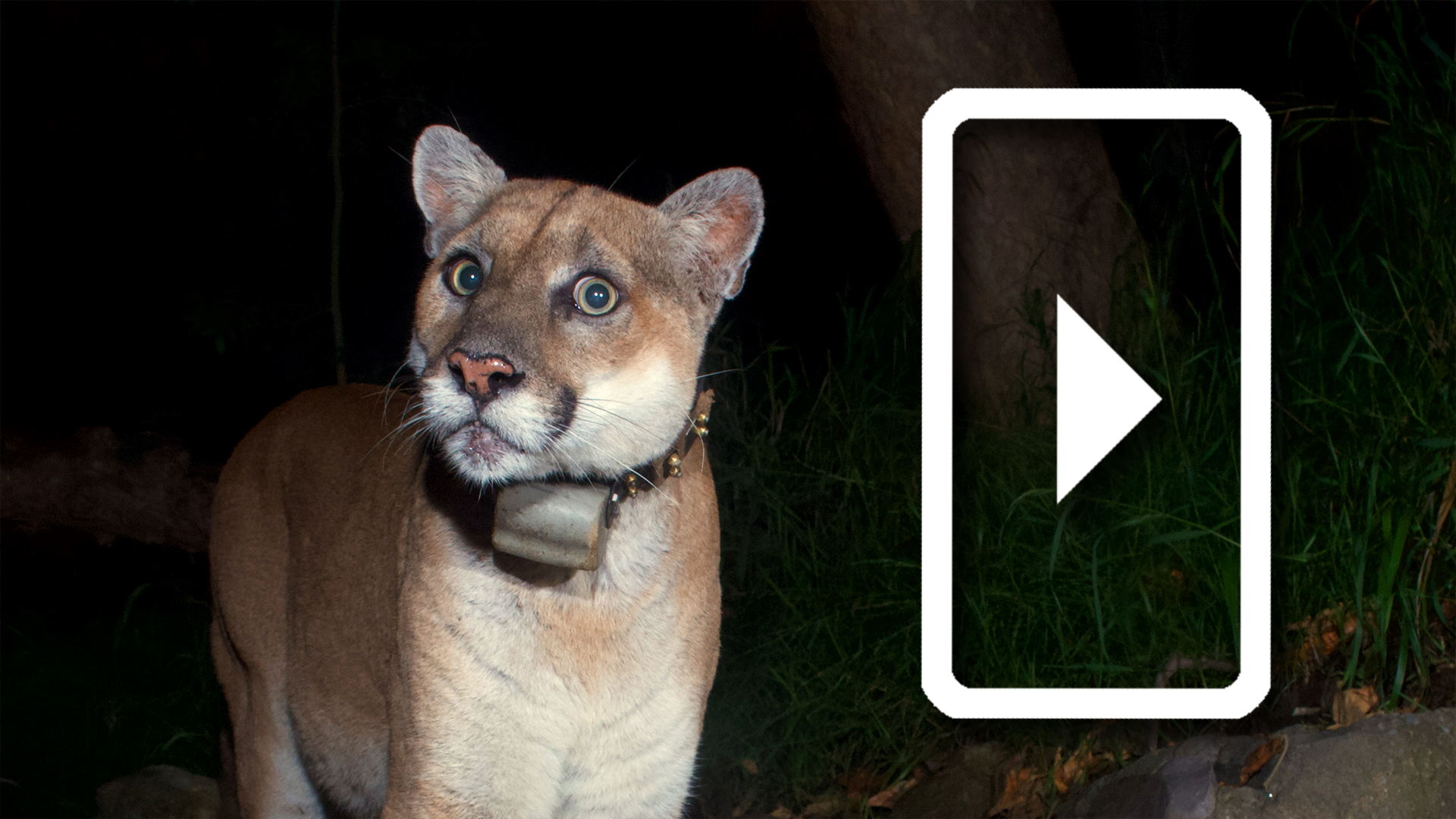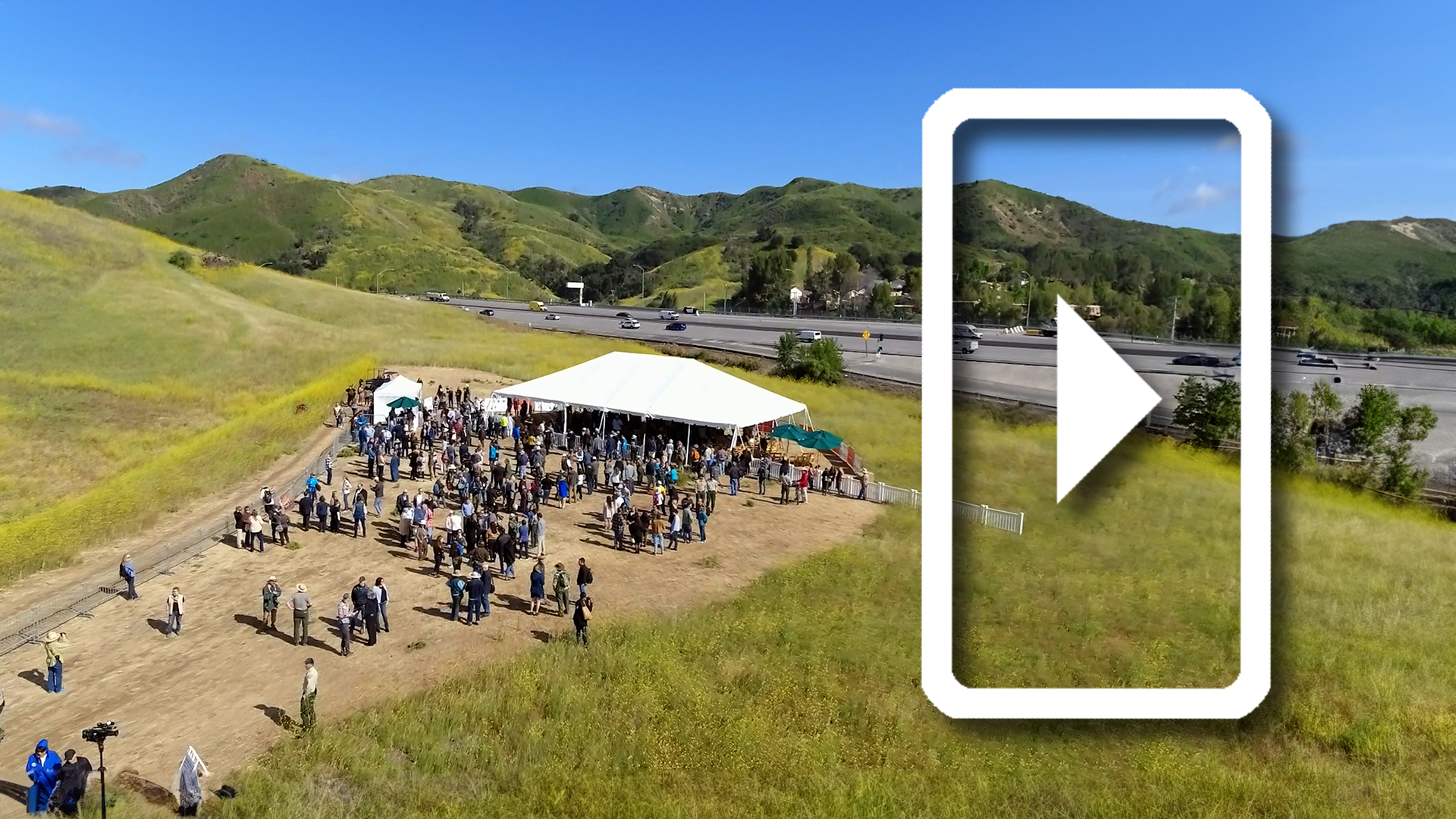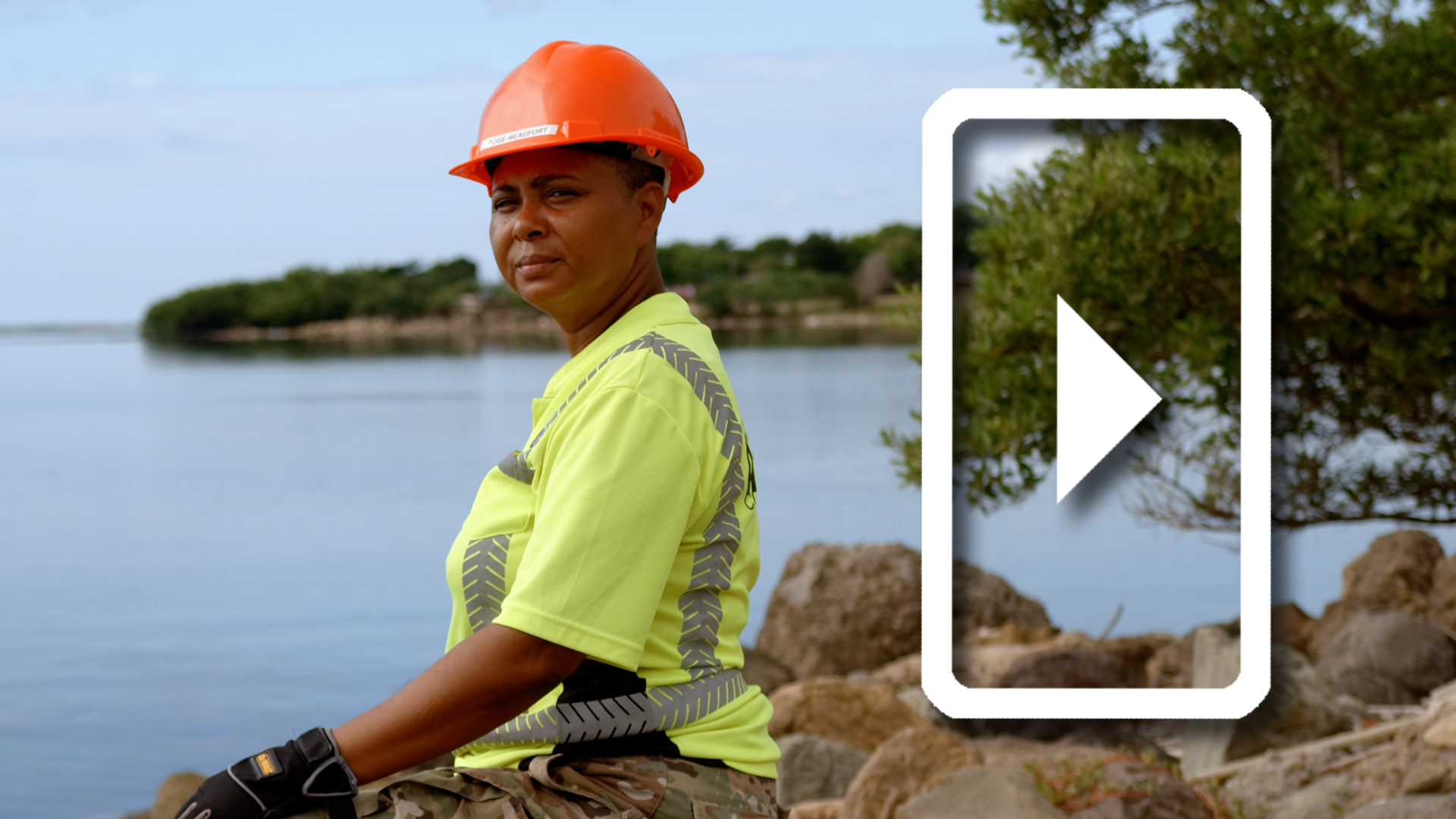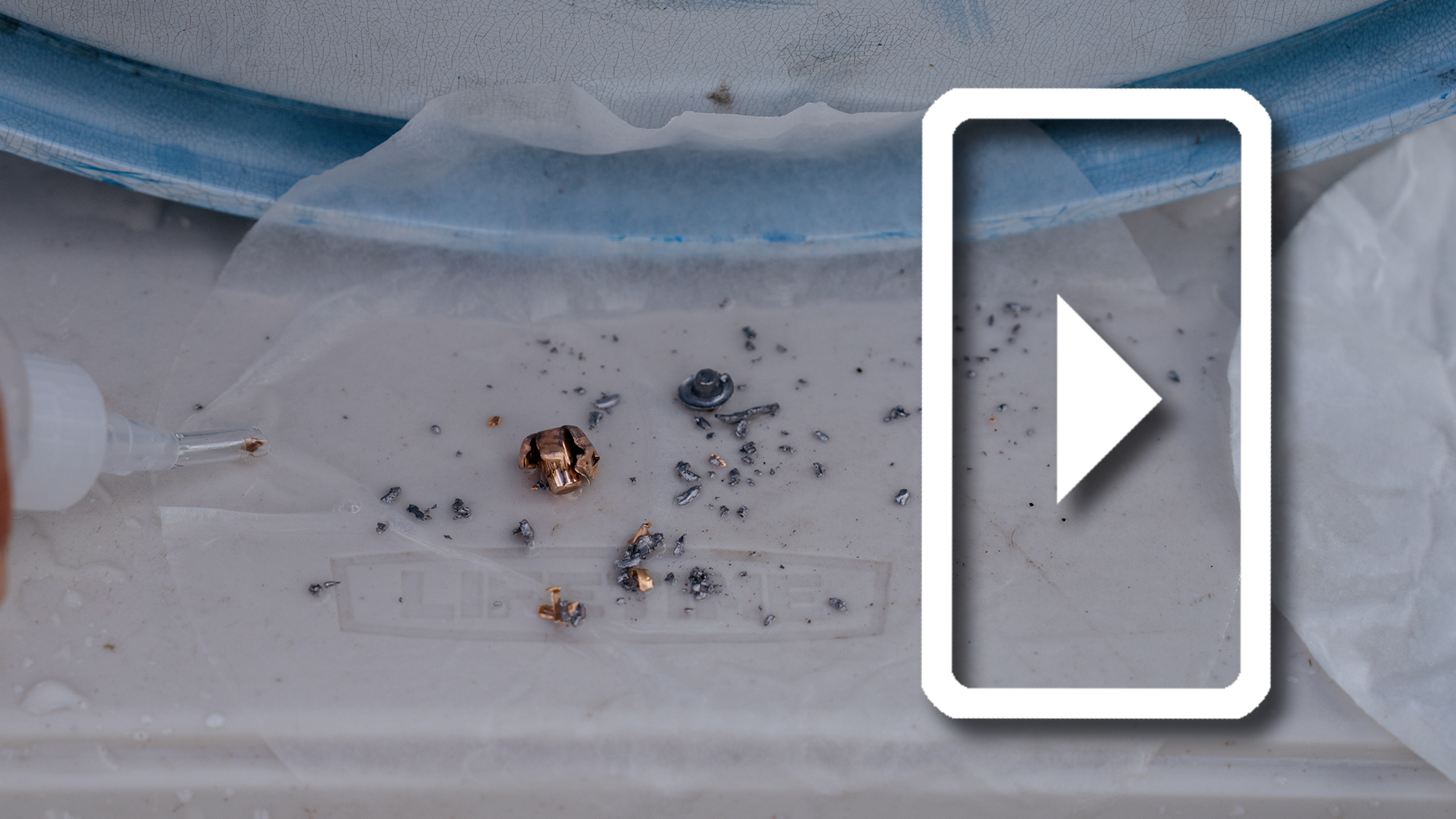Archives: Highlights
-
Freeing Whale Sharks from Fishing Nets
To help India’s whale shark numbers recover, a program is now incentivizing fishermen to cut free the sharks from their nets — and offers to compensate the fishermen for the damages.
-
Using AI to Prevent Wild Tiger Conflict
AI-enabled cameras are being deployed in a part of India that has the highest concentration of tigers on Earth. These trail cams don’t just take a photo of whatever passes by, but analyze it to identify whether it’s a tiger.
-
Dr. Hrishita Negi and her Love of Tigers
Dr. Hrishita Negi grew up watching wild tigers. Her father, Himmat, worked in tiger conservation for decades, contributing to India’s success in doubling its tiger population over the past 50 years.
-
Supporting Storks, Uplifting Women
To help protect an endangered stork, biologist Purnima Devi Barman provided looms and training to local women to create textiles and clothes that feature the bird.
-
The Misunderstood “Hargila” Stork
The greater adjutant stork is one of the largest — and rarest — storks on earth. But locals in one of their last strongholds in Assam, India considered them to be a bad omen until Purnima Devi Barman revitalized their public image.
-
Photographing P-22
It took 15 long months of trial and error to photograph mountain lion P-22 walking in front of the famed Hollywood sign.
-
Reconnecting the Santa Monica Mountains
The Santa Monica mountains near Los Angeles are home to a wide range of wildlife—including coyotes and mountain lions—all cut off from the rest of the world by the city’s massive freeways.
-
Intercepting Trash in Kingston, Jamaica
It’s estimated that up to 14 million tons of plastic end up in the world’s oceans every year—and 80% of it pours into the sea from polluted rivers. In Kingston, Jamaica, Alecia Beaufort and her team at Clean Harbors Jamaica have partnered with The Ocean Cleanup to stop the waste before it ever reaches the…
-
The Great Pacific Garbage Patch Cleanup
Boyan Slat’s team at The Ocean Cleanup has developed and deployed an open-ocean system that can haul in 7000 kilos of garbage in just a day and a half. Their current target is the Great Pacific Garbage Patch. The hope is that a fleet of these systems will remove 90% of floating ocean plastic by…
-
Why Sport Lead Free?
Conservationist and hunter Bryan Bedrosian started Sporting Lead Free to offer a solution to the problem of lead poisoning in eagles: advocating for the use of non-lead bullets as a permanent substitute for traditional lead ammunition.
